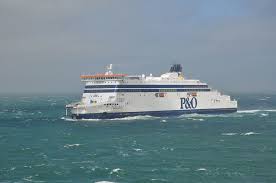The fact that the rhino poaching of South Africa has fallen for 5 years in a row is something to celebrate. However, despite this there is a lot that we still need to be concerned about.
In 2019 594 Rhinos were killed within the Kruger National Park by poachers. In 2015 a little over 1300 rhino were lost to poachers, in the same area. As such, cutting the poaching by more than half in the space of only 5 years is impressive ( though, it should be noted that the rise was more rapid than the fall has been), 594 Rhinos killed is still a huge number.
South Africa hosts over 90% of the world’s remaining Rhinos, which means that any poaching here has a large impact on the world’s population. It should be noted that the 594 Rhinos lost last year in South Africa Is the equivalent of 4 times the total world population of Sumatra and Java Rhinos that remain.




